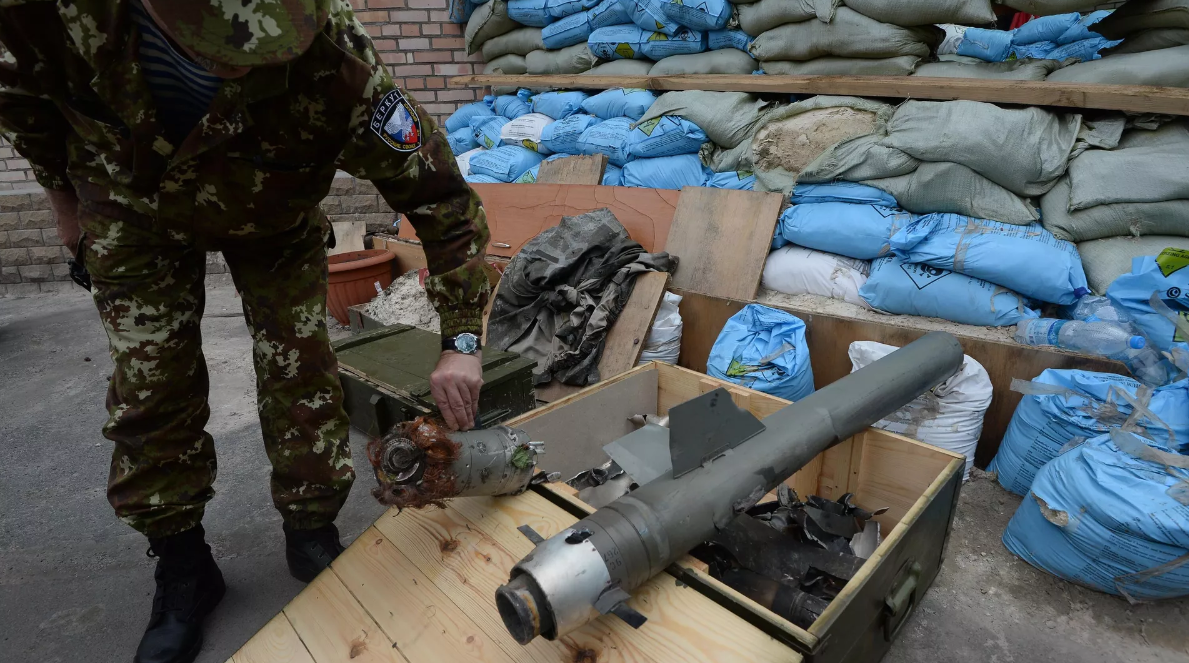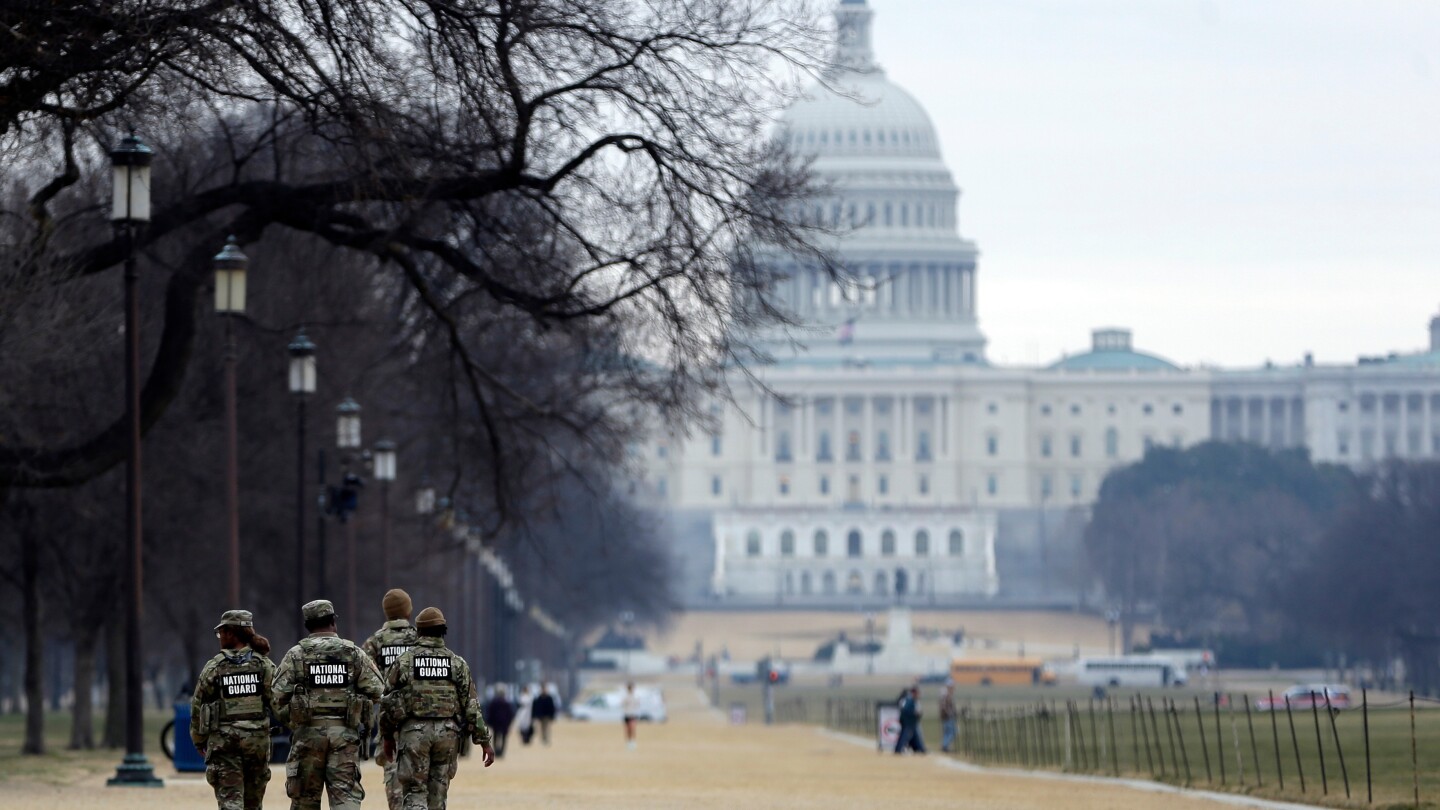With Ukraine’s much-hyped summer ‘counteroffensive’ that kicked off on June 4 still floundering, last month the Biden administration unveiled a new military assistance package for Kiev, which included cluster munitions, expressly designed to cause indiscriminate loss of human life and hideous injuries over a wide area.
The Kiev regime has provided Washington with the first official report about the use of deadly US-provided cluster munitions, a Ukrainian official reportedly told the American press.
The Pentagon was purportedly offered information on both the number of rounds that had since been fired, and the number of Russian targets destroyed in the course of the ongoing, albeit widely described as “stuttering” counteroffensive. The cited unnamed Ukrainian official declined to provide any specific figures.
The US defense department had ostensibly demanded such an account from Kiev as part of the original agreement to send the cluster munitions or dual-purpose improved conventional munitions (DPICMs) to Ukraine.
Ukrainian Defense Minister Oleksii Reznikov told US media last month that he would be able to submit to his counterpart, Pentagon chief Lloyd Austin, the first report on the use by Ukrainian forces of the high dud-rate cluster munitions on July 24 or 25.
Officials in Kiev were cited as touting the DPICMs as potentially more effective than standard artillery rounds in efforts to break through the Russian defensive lines, which have managed to halt Ukraine’s NATO-backed offensive dead in its tracks. Last month, White House National Security Council spokesperson John Kirby confirmed that the Kiev regime’s forces had utilized the deadly weapons “effectively.”
In actual fact, Russian troops have been successfully adapting to the use of American-made cluster bombs by Ukrainian forces, US business media recently reported, citing Ukrainian frontline commanders and troops familiar with the situation. The cluster munitions haven’t allowed Ukraine’s forces to reach “the most formidable Russian defenses,” incorporating infantry trenches, tank traps, and other obstructions.
Since the much-heralded counteroffensive began in early June, despite receiving tens of billions of dollars’ worth of the West’s latest defense hardware, backed up by NATO training, Ukrainian forces have made scant gains. Ukrainian President Volodymyr Zelensky admitted that progress was “slower than desired.” Likewise, Western officials have also since admitted that Ukraine’s counteroffensive was “extremely unlikely” to succeed.
Cluster bombs are typically dropped from aircraft or fired from the ground or sea, opening up in midair to release tens or hundreds of submunitions, which can saturate an area up to the size of several football fields, or more than 300 meters. When cluster bomblets scatter, they can maim and kill civilians and have high failure rates, with duds posing a danger for years to come after a conflict ends.
Russian Defense Minister Sergei Shoigu had warned at the time that the Russian military would be forced to use similar weapons, which it has plenty of in stockpiles, against the Armed Forces of Ukraine. On July 16, Russian President Vladimir Putin said that Moscow had the right to use similar weapons if these sorts of arms were used against its forces.
Ukraine Hands Pentagon First Report on Use of Deadly US-Gifted Cluster Bombs




